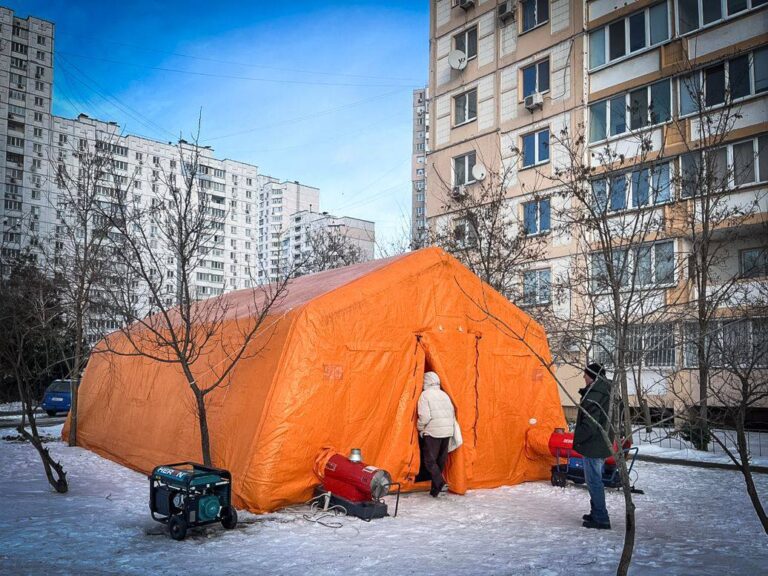
Ukraine’s New Exit Rules: What the Travel Permit for Men Aged 18-22 Means in 2025
On August 26, 2025, the Cabinet of Ministers of Ukraine adopted a significant change: men aged 18 to 22 can now freely cross the state border during martial law. This decision has already gained wide attention, as it touches on one of the most sensitive topics of wartime reality the right to leave the country for men of conscription age.
Since the introduction of martial law in February 2022, there has been a restriction on leaving the country for men aged 18 to 60. While there were exceptions for students, volunteers, drivers, and fathers of large families the majority of men in this age group remained in Ukraine. This is the first time the policy is shifting toward liberalization.
Prime Minister Yuliia Svyrydenko announced:
“Men aged 18 to 22 will be able to cross the border freely during martial law. This applies to all citizens of the respective age group. This decision also concerns citizens who, for various reasons, found themselves abroad. We want Ukrainians to maintain as much connection with Ukraine as possible.”
The changes will take effect the day after the Cabinet’s resolution is officially published.
Background of the Decision
The idea of allowing young men to travel abroad has been discussed for several months. Back on July 19, 2025, the Speaker of the Verkhovna Rada publicly confirmed that parliament was considering the possibility of permitting men aged 18 to 24 to leave. Proposals came from both individual MPs and the Committee on National Security, Defense, and Intelligence.
On August 12, President Volodymyr Zelenskyi stated:
“The government will work on simplifying the procedure for border crossing for Ukrainian men under 22, together with the military command. I consider this initiative a positive and correct step that will help young Ukrainians maintain ties with Ukraine and fulfill their educational goals.”
At the same time, two draft laws were registered in the Verkhovna Rada: one proposed allowing men aged 18-22 to travel, while the other extended the age limit to 24 years.
Statistics: How the Border Context Has Shifted
This decision is not just political it is also a response to the growing number of illegal border crossing attempts.
According to the State Border Guard Service:
- In 2025, 911 men of conscription age were detained at the Ukrainian-Belarusian border twice as many as in the previous three years combined.
- In 2024 – 336 cases, in 2023 – 26, in 2022 – 61.
- The most detentions occurred in Rivne (531), Zhytomyr (484), Volyn (281), and Kyiv (38) regions.
“From January 1 to August 1, 2025, at least 911 men attempted to cross the border with Belarus outside of official checkpoints,” the Border Guard Service reported.
These figures reflect the high pressure young men face, especially when they see no legitimate paths to leave the country.
What Changes in Practice
- Restoring Trust in the State
For the first time since the full-scale war began, the state is clearly saying: young people should not be hostages to administrative bans. The Cabinet’s decision is an attempt to replace fear with trust and illegal routes with legitimate rights.
- New Opportunities for Education and Employment
The ability to leave without additional documentation opens doors for educational programs, internships, and work abroad, and also allows those already outside the country to legalize their status.
- A Blow to the Black Market of Exits
The decision undermines the operations of middlemen who organized illegal border crossings or forged documents. The result: greater transparency, less corruption, and reduced risks for the men themselves.
- A Limited Move But a Broader Political Signal
The change currently only applies to men aged 18-22, but it sets a precedent. What comes next depends on the work of the government and parliament. The draft laws proposing to raise the age limit to 24 or even 25 may soon move forward.
This decision is not only about border logistics it’s about the future. Wartime conditions require strict rules, but they should not sever the connection between young Ukrainians and their country. In 2025, with the war now in its fourth year, the state cannot afford to lose a generation.
It is possible to defend the country and at the same time protect the dignity of its citizens. This decision is a small but important step in that direction.














